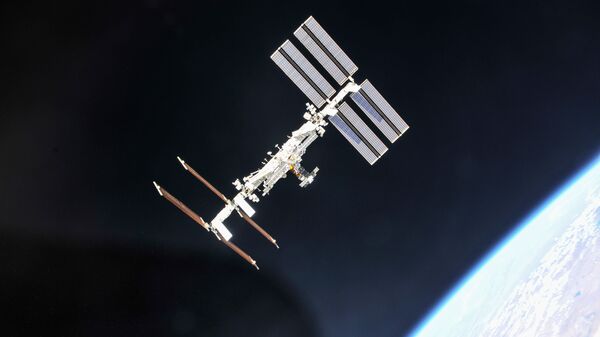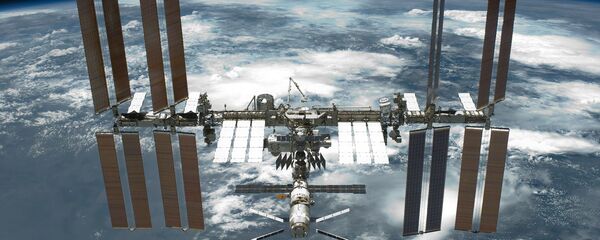"The rate of leakage ... is of the order of 0.9 millimetres [on the barometer column per day] from the atmosphere altogether. And in this regard, guys, we cannot shift this problem, or at least, it is very undesirable ... to shift it to the next crew,” a specialist in Moscow told cosmonauts Anatoly Ivanishin and Ivan Vagner, as heard in a NASA live feed of ground-to-ISS communications.
The specialist subsequently tasked the crew to focus on resolving the issue as much as possible.
"We have no one else to rely on but you, that you will help and [dedicate] all the free time you have on solving this problem," he said.
Several tests where the crew isolated themselves in parts of the station helped zero in on the area of the leak late last month. Late last week, the flight director on the Russian side, Vladimir Soloviev said that the leak was “crazy small” which makes resolving the issue that much more challenging.
A small air leak was detected in September 2019 and by August 2020, the leakage rate had increased five-fold - from 270 grams to 1.4 kilograms per 24 hours - although it does not pose a risk to the crew.



